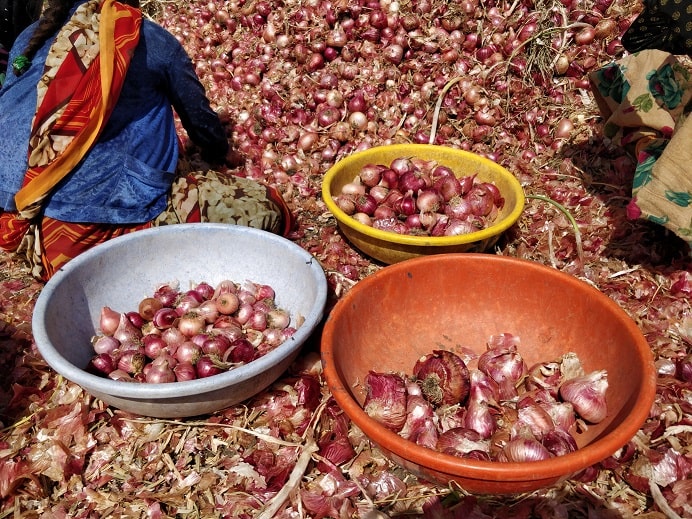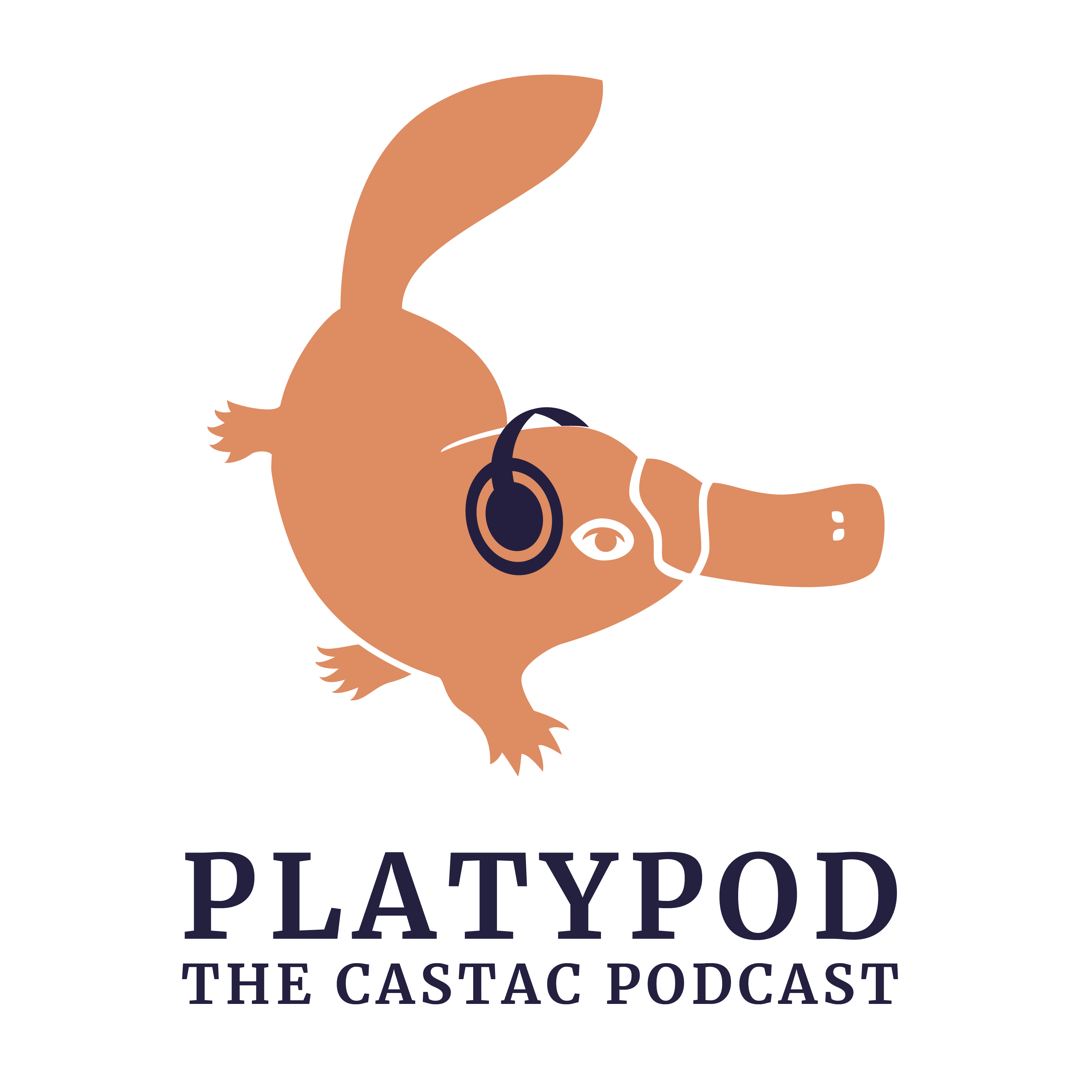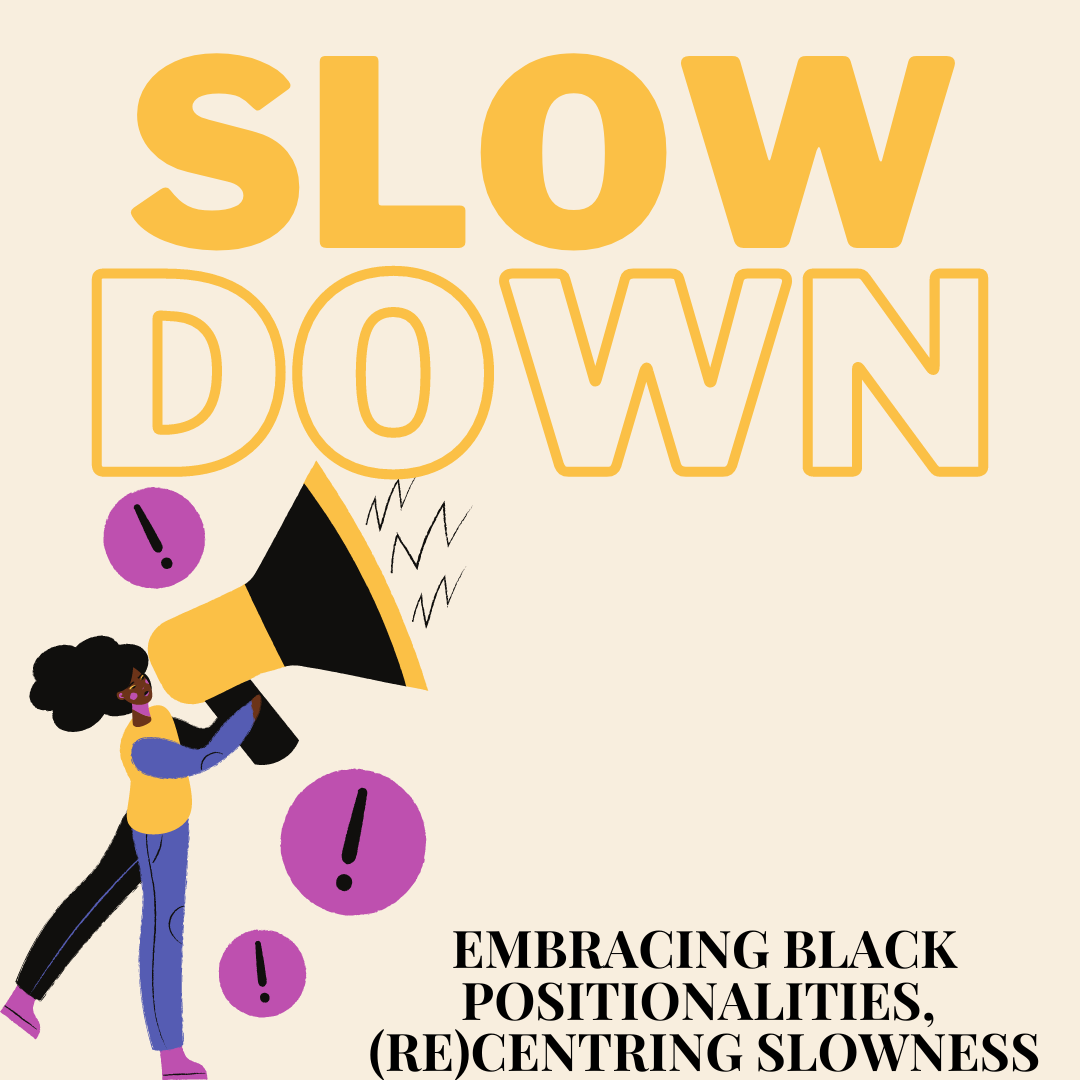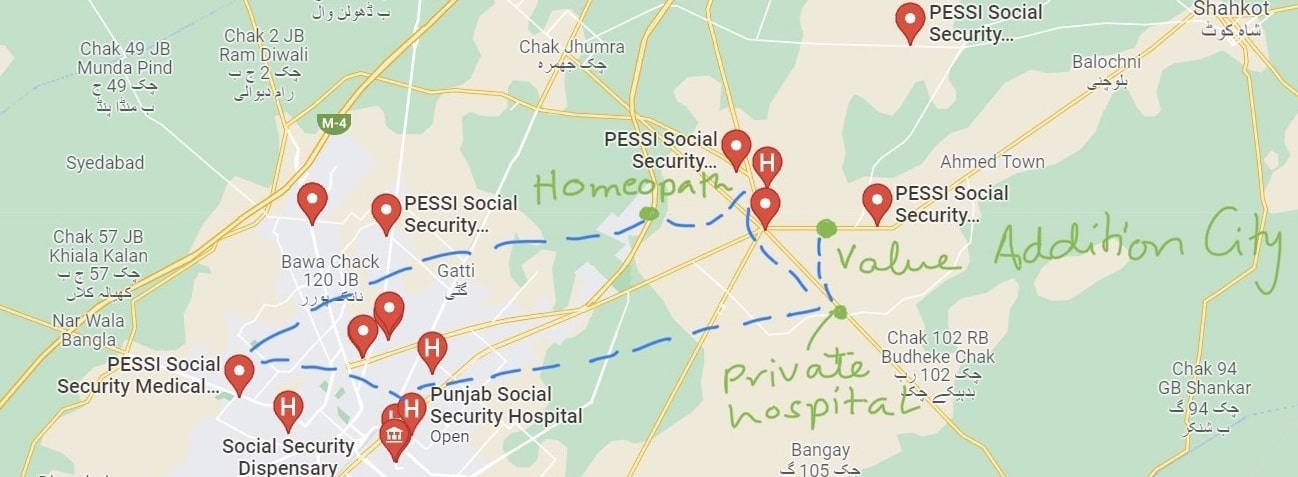
You Are What You Grow: Crops, Cultivation, and Caste in India
Fieldwork can produce odd obsessions. As an anthropologist studying agrarian risk economies, mine was onions. In the central Indian region of Malwa where I conducted research, onions seemed to be everywhere. As I observed (and occasionally, but poorly, assisted with) farm work, I became fascinated by the bulb: its seasonal shades of pink shifting from winter magenta to a spring blush; the way its bright green stalks stood perfectly upright in the field; the speculative frenzy of the auction during peak season; its pungent flavor in raw, pickled, or fried form; and not least, the unexpected wealth it produced for a few and the dashed hopes and devastation it wreaked on most others. (read more...)





